“Making ETH fit for the future”
ETH President Joël Mesot announced a restructuring of the Executive Board last June. In the Town Hall forum on 8 October, he provided an update on the status of the "rETHink” project and, together with his fellow board members, answered questions from ETH members.
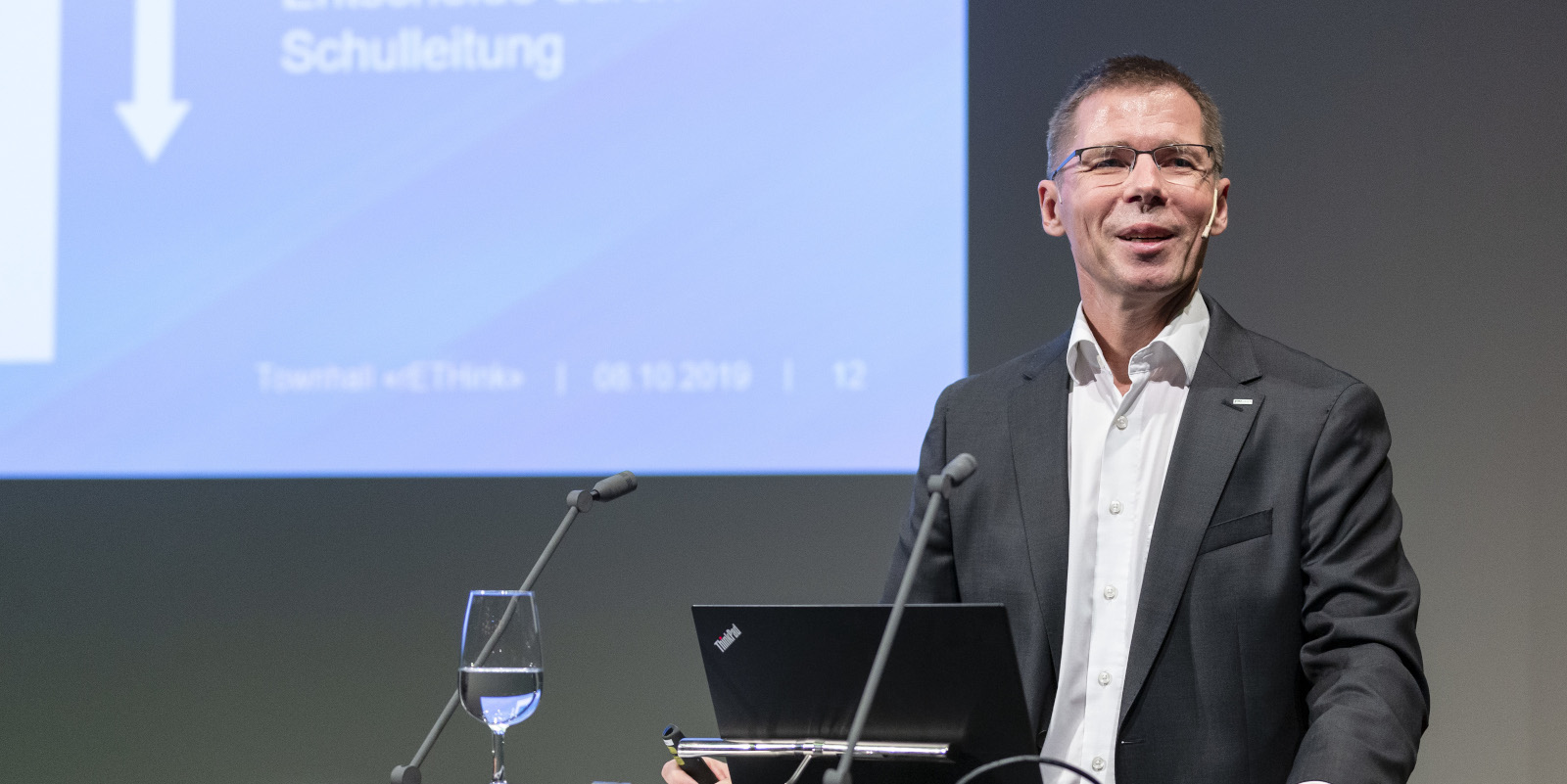
You’ve not even been in office for a full year, but already you’ve announced a revamping of ETH organisations and the restructuring of the Executive Board. Why did you come to that decision?
Joël Mesot: ETH enjoys a top international ranking in the fields of teaching, research and knowledge transfer. However, it faces ever greater challenges: global competition in research and education is getting much tougher. For some years now we have also been experiencing steady growth in student and staff numbers. Personnel and leadership issues have thus become increasingly important in recent years.
Can you be more specific?
We are experiencing increasing competition in research and education from rapidly expanding new universities in Asia, but also from new providers in the private sector, such as Google. At the same time, our performance is being monitored very closely, and we see constantly growing demands on our corporate governance. Internally, we are also facing ever higher expectations regarding professional strategic and personnel leadership – and justifiably so. The very intense nine months I have already spent as ETH President also make it clear to me that adjustments need to be made to our organisation in order to address all the daily challenges involved in the highly complex task of managing a university.
So are things really in a bad state?
On the contrary: ETH is actually in very good shape at present. There is a famous French quote: “Gouverner, c’est prévoir”, which roughly translates as “governing is all about planning”. We now have a time frame to optimise the interplay between the professorships, academic departments and central administrative units. Ultimately our goal is to ensure that our researchers and teachers are able to perform their core tasks even more effectively. Our rETHink project creates the flexibility needed to do this.
In concrete terms, which structures will now be further developed under the rETHink project?
By introducing two additional Executive Board domains, Leadership & Personal Development and Knowledge Transfer & Corporate Relations, we are making sure that the new board members are actively involved in shaping the development process from the very start. On top of that, strong academic departments are essential for the university’s leadership. This means that the departments’ leadership role and structures need to be strengthened. We also want to improve the leadership skills of professors in particular. These are critical for ETH’s future success.
What’s your plan of action?
We are focusing on the development process for the professorships, our key players. Building on this, we want to establish what support academic departments need to give to the professorships and how we can improve the core services provided by the Executive Board and the central administrative units. But I must stress: this is only the basic framework. The actual implementation will be carried out in close collaboration with the professors, academic departments and relevant university groups and committees.
What do you hope rETHink will achieve?
We will strengthen our ability to act and uphold individual responsibility at all levels, and that’s especially important to me: rETHink should build on the ETH’s culture of empowerment and enrich our community’s shared values. I am fully aware that this will be a protracted and sweeping process. But if we manage to successfully implement rETHink, ETH’s organisational structure will be well prepared for future challenges. We all need to pull together to achieve this. I am very excited about this intense and productive process and the benefits it will bring to our university.
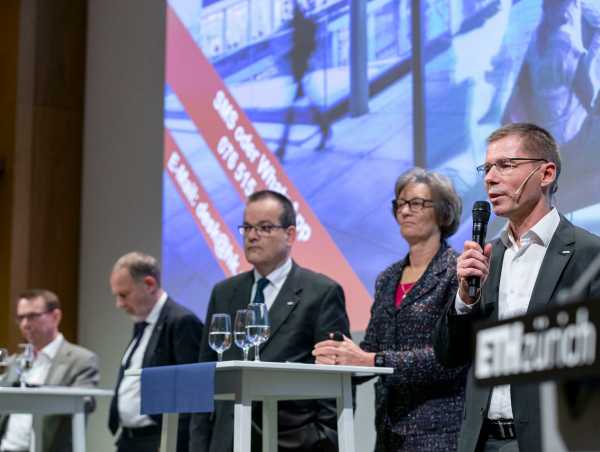
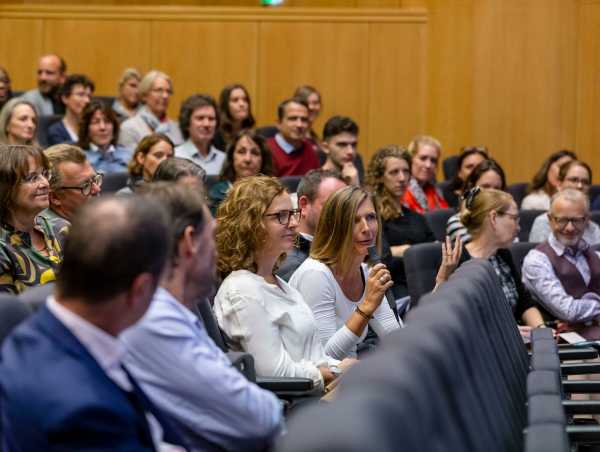
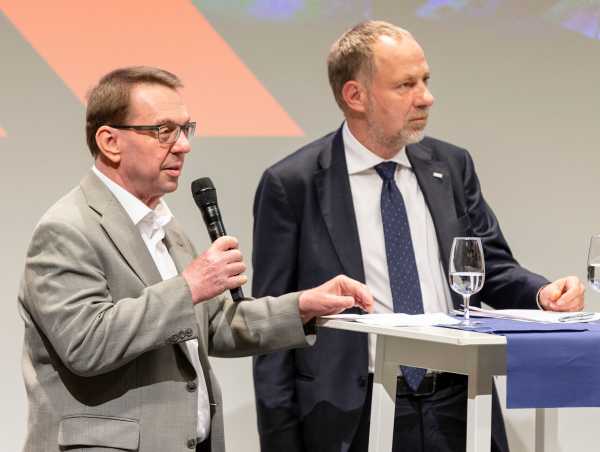
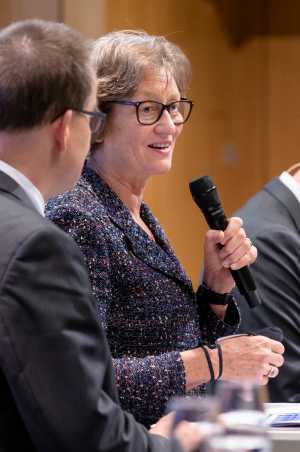
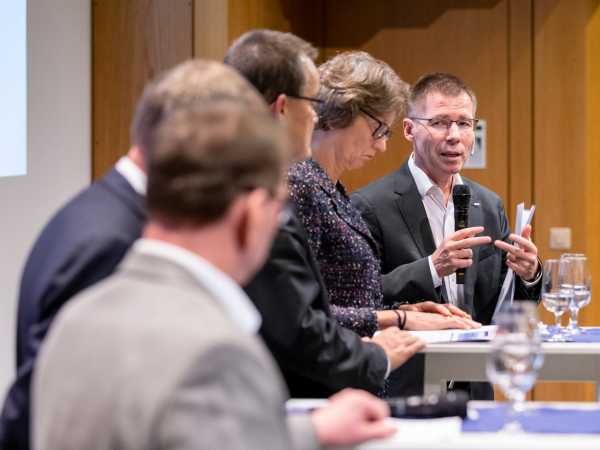
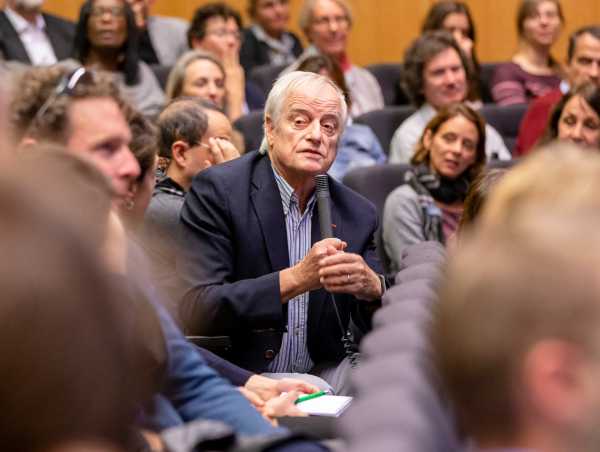
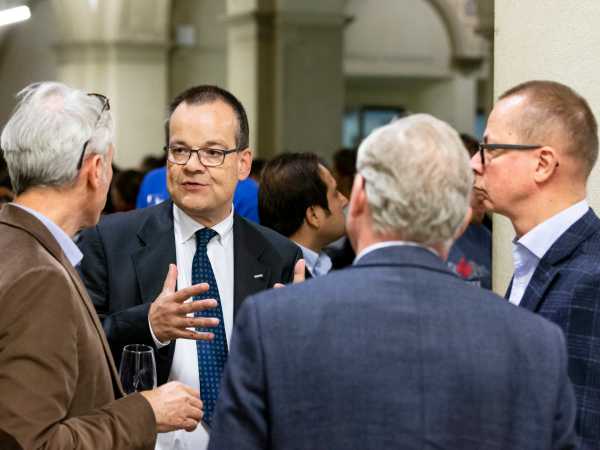
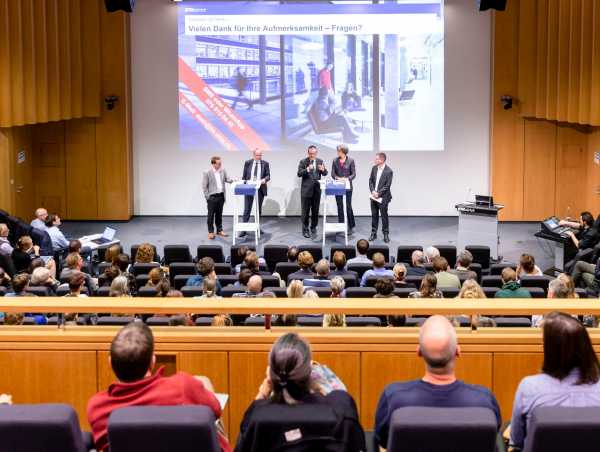
Comments
No comments yet